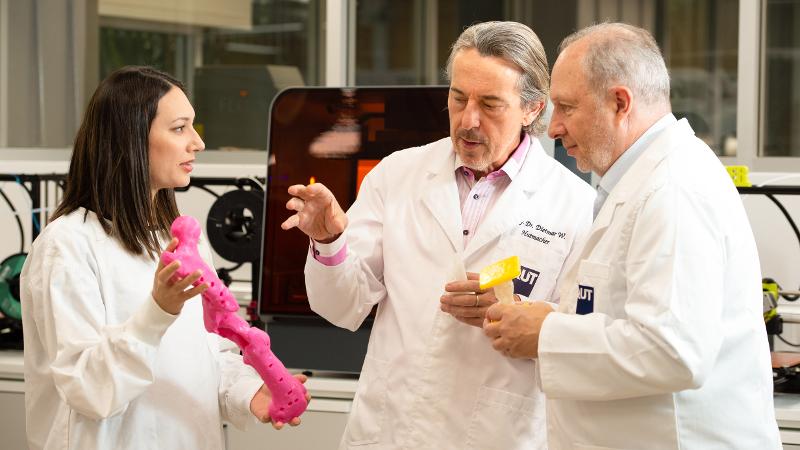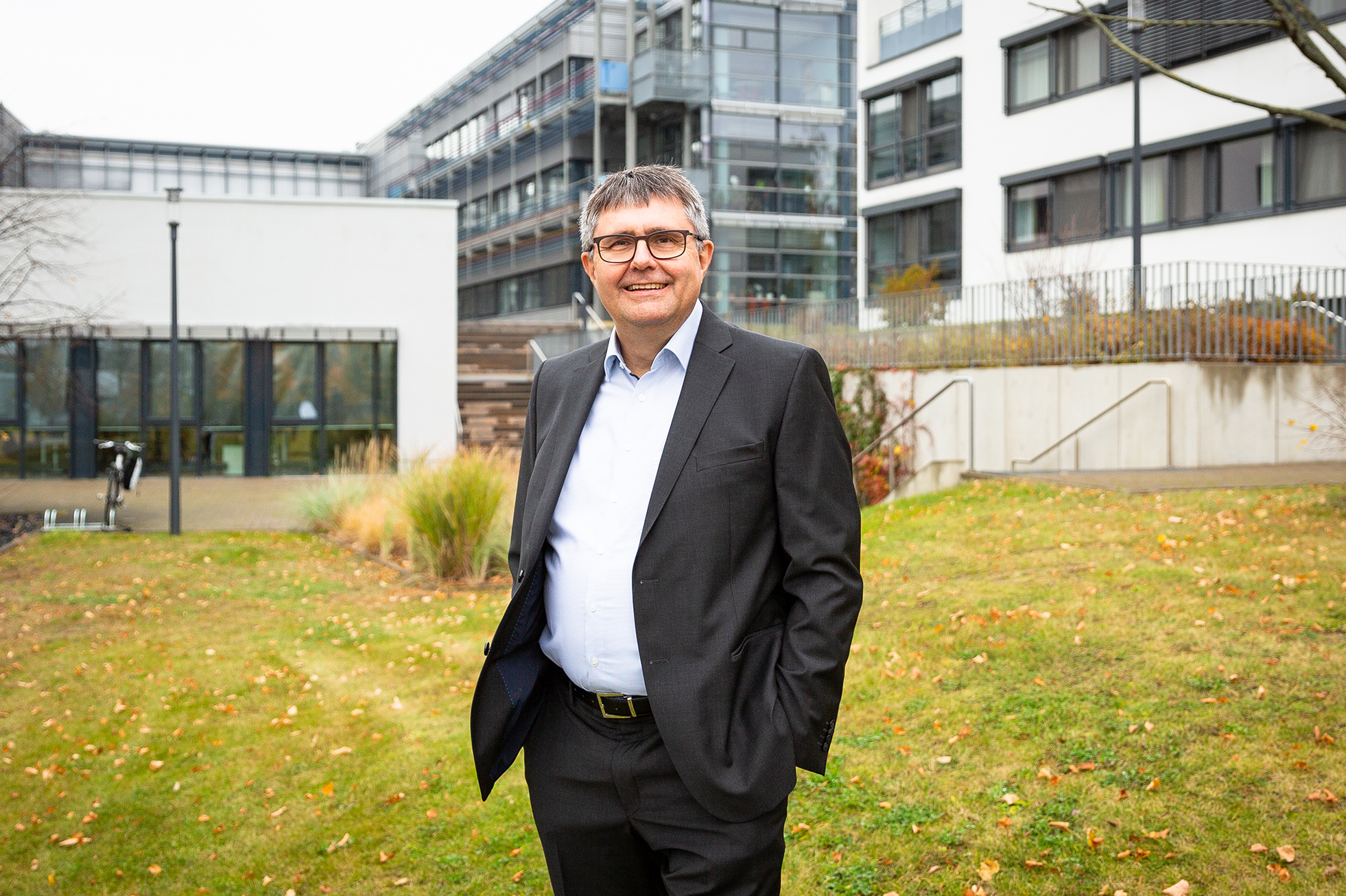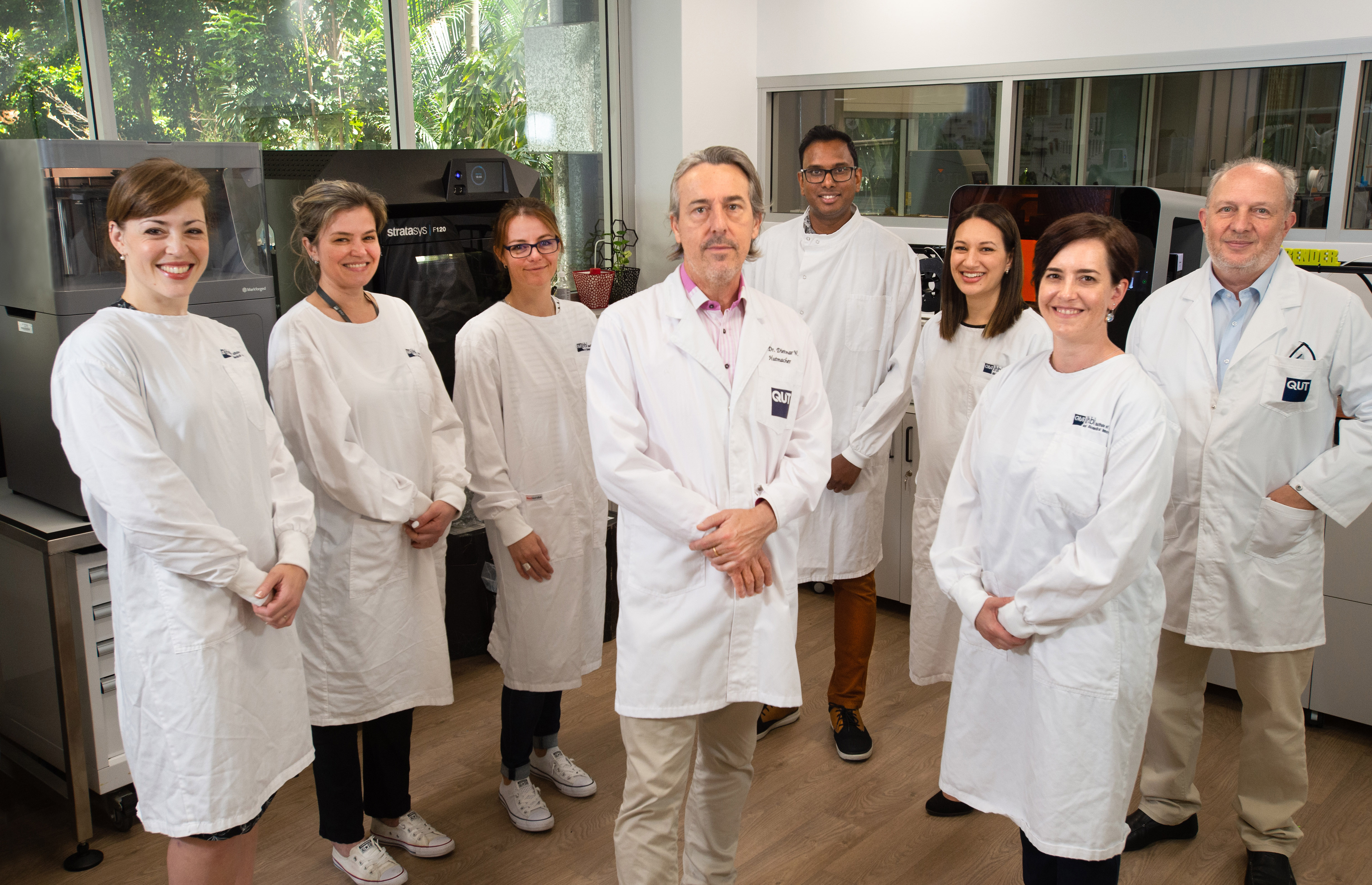
QUT has joined forces with Germany’s Max Planck Society, one of the world’s foremost scientific institutions, to establish the first Max Planck Center with Australian research facilities.
Hosted by both institutions, the Max Planck Queensland Center for the Materials Science of Extracellular Matrices (MPQC) will explore extracellular matrices and their importance for medicine, ecology, and technology.
Extracellular matrices (ECM) are found in almost all living things and carry out various functions that could also become medically, ecologically, and technically relevant. However, relatively little research has been done on them.
The MPQC will be led by co-directors Distinguished Professor Dietmar Hutmacher (QUT) and Professor Peter Fratzl (Max-Planck Institute).
“The basic idea of the Max Planck Queensland Center is to study biological materials that are inanimate but which can still sense and adapt to their environment,” Professor Fratzl said.
“With this, we want to put a new area on the research map and not simply focus on biomedical applications”.

© Sebastian Rost / MPI of Colloids and Interfaces
A more precise knowledge of how the composition and structure of ECM influences their functions is relevant not only for biomedical applications and a better understanding of biological systems but also for technical applications – for example in robotics or architecture.
Professor Hutmacher said: “Biomimicry is a 21st century approach to science and innovation that intends to find sustainable solutions to challenges of civilisation that emulate design patterns and strategies that have been long established by nature.”
For the full story of the announcement, read here.

Media contact:
Rod Chester, QUT Media, 07 3138 9449, rod.chester@qut.edu.au
After hours: 0407 585 901, media@qut.edu.au


